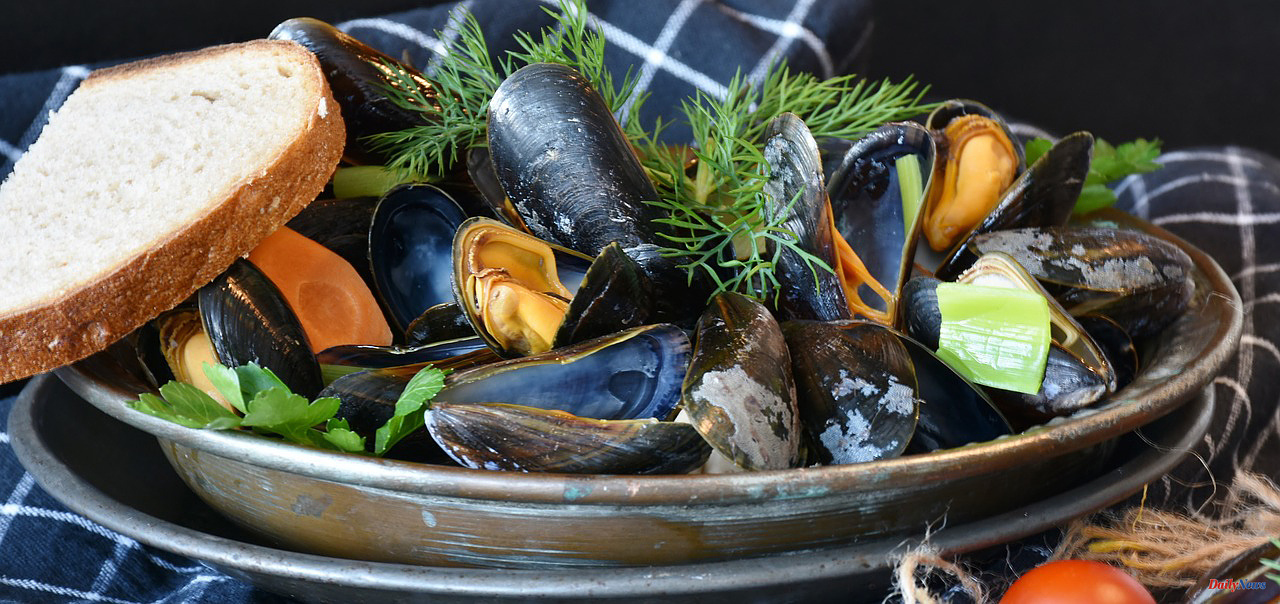A study published by the magazine Science could have found the key to combat aging: taurine.
This semi-essential micronutrient of our body, whose production decreases over the years, could be recovered through a specific diet.
"Our study shows that taurine abundance declines with age and that reversing that decline [through supplementation] increases life expectancy in mice and worms and increases healthy life expectancy in macaques. The next step is to investigate what happens in humans," Vijay Yadav, a researcher in the Department of Genetics and Development at Columbia University, explained at a press conference.
These trial tests, as the researcher himself points out, have not yet been carried out on people, but the first research parameters cause some optimism.
"We do not know if it can be an antiaging therapy, but with the data obtained it is reasonable to analyze it," he remarked.
The main sources of taurine are the following foods:
For every 85 grams of grilled beef, the human body will add 33 milligrams of taurine. Fatty areas should be avoided.
The thigh is the part that adds the most taurine, each unit provides 222 milligrams of taurine. Do not abuse saturated fats.
Turkey provides a good source of protein and minerals. In the case of taurine, it is also advisable to consume more of the thigh area. It can provide you with up to 334 milligrams.
Every 100 grams of pork loin can also add 48 milligrams of taurine. In addition, phosphorus, zinc and vitamin B.
You'll get 23 milligrams of taurine in every 50 grams of canned albacore tuna. Tuna is low in calories, high in protein and complete as a great source of Omega 3 fatty acids.
Among the different seafood options, the mussel is recommended, but it is better baked or fried to avoid taurine leakage when boiling it. A half dozen mussels will add 655 milligrams of taurine.
Milk provides much less taurine than the previous foods, but it will also add calcium and vitamin D when consumed regularly.
The taurine in energy drinks can be beneficial, but instead these substances contain large amounts of other ingredients such as sugars or caffeine.
According to the criteria of The Trust Project












